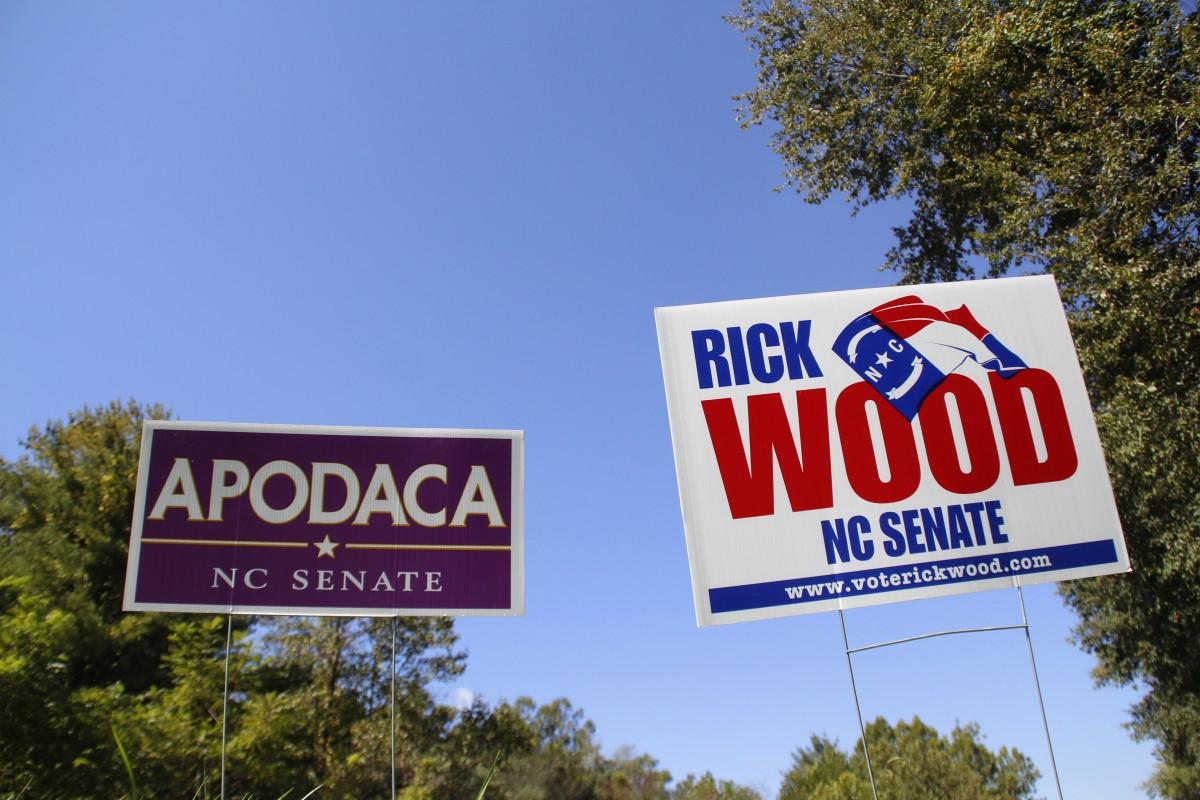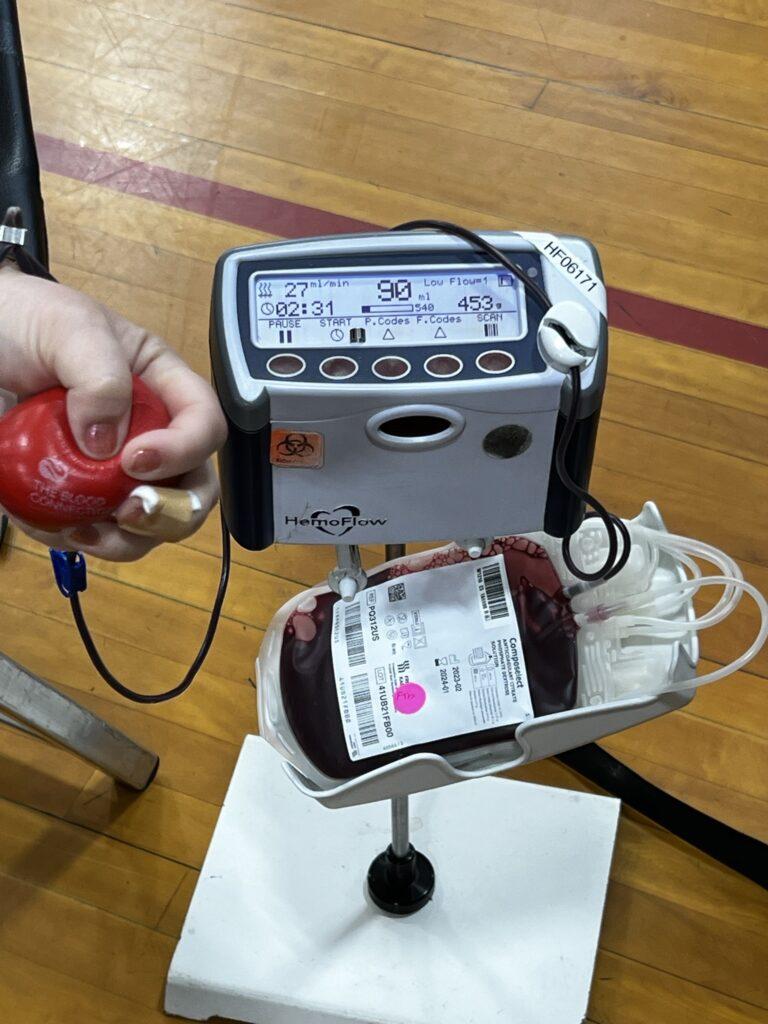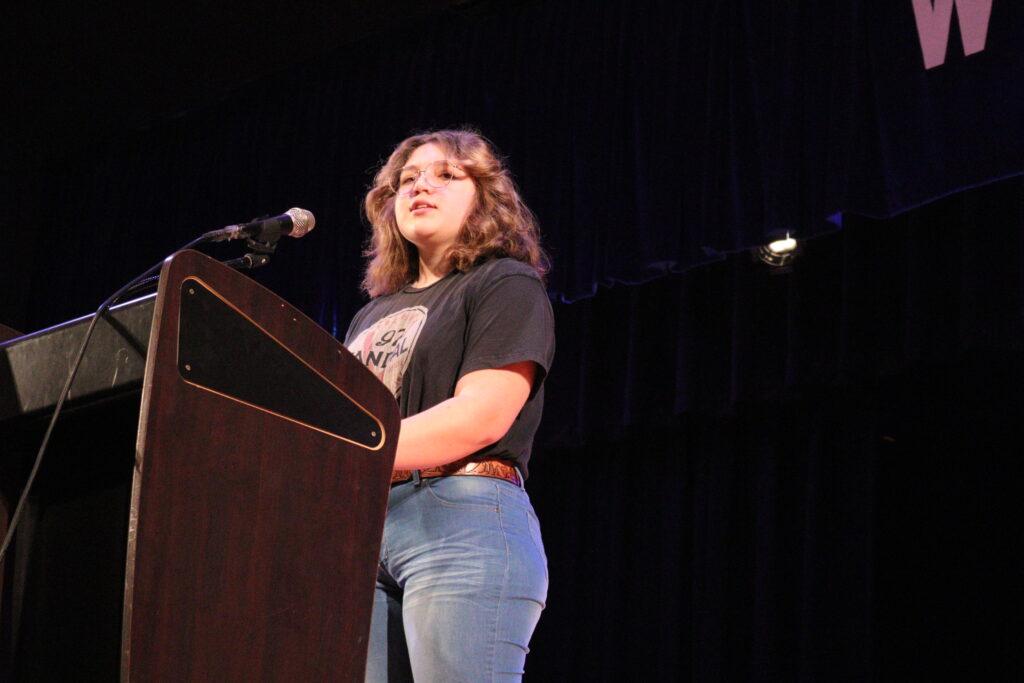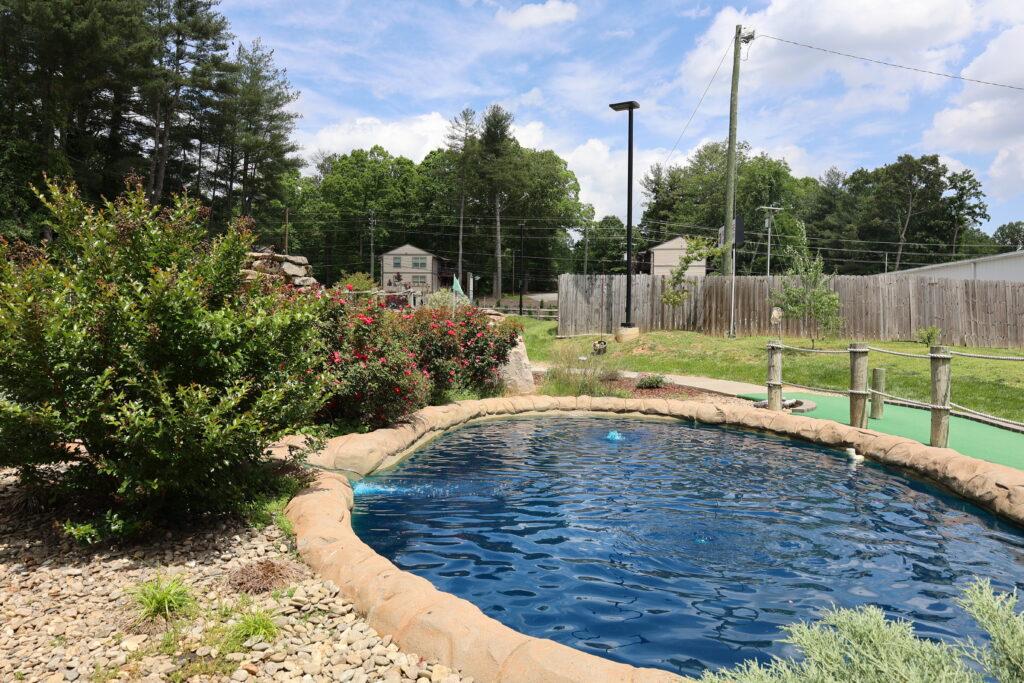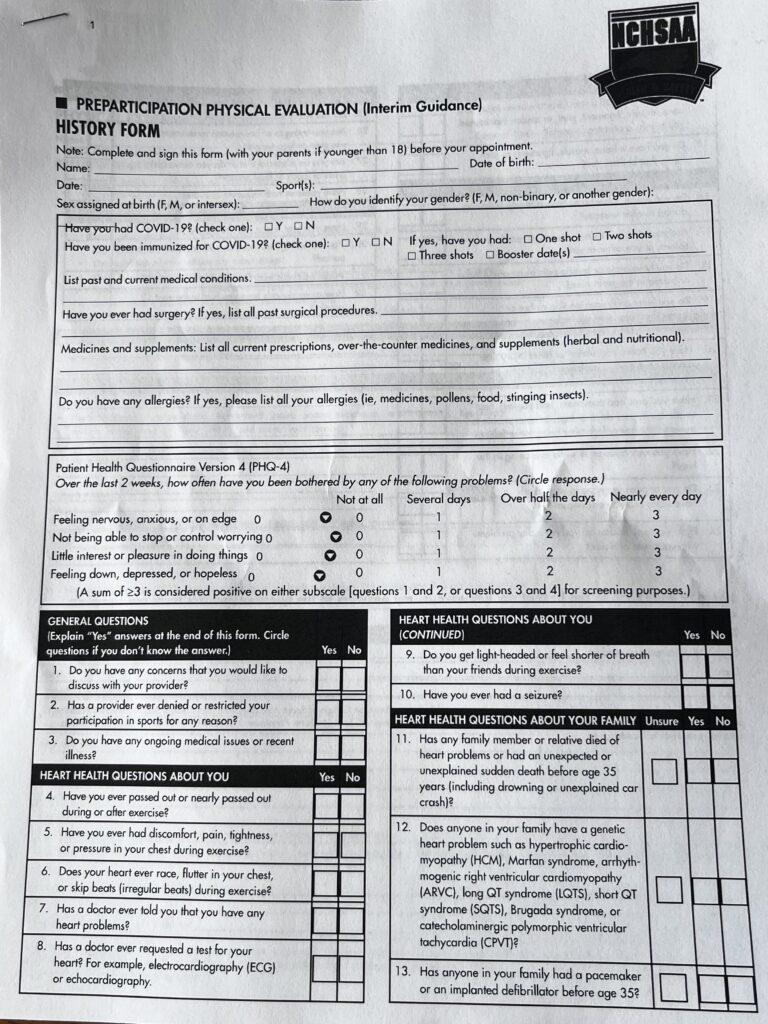Incumbent senator lists priorities
Update 11/4: State Senator Tom Apodaca won re-election to the North Carolina State Senate.
N.C. Sen. Tom Apodaca, a Republican and the incumbent candidate in this fall’s election for the 48th state Senate district, says he would like to see improvements in the number of jobs available to residents of Western North Carolina and changes to funding for public schools.
The 48th district includes parts of Henderson, Buncombe and Transylvania counties.
Apodaca, who has held his seat since 2002, is a father of two sons and has been married to Lisa, a former school teacher, for more than 30 years. In the state Senate, he serves as chairman of the Committee on Rules and Operations, a group that influences the flow of legislation in the General Assembly.
“I’d like to keep working on improving the graduation rate in our schools,” Apodaca said. “We also have to keep working on funding and teacher pay. I think that education, jobs and the economy are the biggest issues in our state right now. We have to get additional jobs in the area.”
When the General Assembly passed a state budget in July, driver’s education funding was no longer included. Apodaca said he voted for the budget as a whole, although there were parts he did not support.
“Driver’s education was part of the budget, so my vote was based on the total budget,” Apodaca said. “One of the arguments for taking out the funding is that many students are hiring a private company for their driver’s education, but their parents are still paying the taxes for it. However, I want kids to have the public school option available.
Apodaca supported increasing the limit one the number of charter schools in North Carolina and aiding their expansion.
“We’re finding that parents and students want other choices for their education, and we’re seeing a lot of charter schools in depressed areas that help kids give kids the instruction they need,” Apodaca said. “As a matter of fact, this is not just s state issue. The current federal government is supportive of expanding charter schools as another option for students to complete their education.”
Apodaca did not support the decrease in textbook funding in the past. Because of the plan to switch to electronic textbooks, however, Apodaca now wants to limit textbook expenses.
“In 2010, the Democrats voted to reduce the textbook funding by 78.1 percent,” Apodaca said. “This was the largest textbook funding reduction in the history of North Carolina, and I voted against that. Now, since we’ve got electronic textbooks coming up in 2017, we’re trying not to spend a lot of money on textbooks that will be totally obsolete in two to three years.”
For teachers getting master’s degrees, Apodaca supports a pay raise if teachers get the degree in the subject they teach.
“The teachers that have a master’s degree and the ones that have started it will continue to get their pay raise,” Apodaca said. “In the future, we want to give teachers a raise if they get their master’s degree in the area in which they teach.”
The state budget transferred the money for Teaching Fellows scholarships for college students preparing to become teachers to the Teach for America program.
“The people that are already in the Teaching Fellows program will continue to get their money,” Apodaca said. “We’re not putting new Teaching Fellows scholarships because we put our money in Teach for America. We find that students who graduate from the Teach for America program are able to go in the areas we need them in, such as the rural areas, inner-city areas and other places where we have a hard time getting teachers and keeping them.”
Apodaca plans to even out the pay raises that recently benefited the new teachers more than experienced teachers.
“We put in a 7.1 percent raise, and the newest teachers, who had been teaching 0-10 years, ended up getting most of the raise because they hadn’t had a raise,” Apodaca said. “As we go forward, our goal is to make sure to pay our good teachers good money. To measure the performance, we want the best teachers to get the most money.”
The Opportunity Scholarship Program, also part of the budget, gives taxpayer money to low income families to help pay for private school tuition if the public schools in the area have poor performance.
“I’m not overly wild about the Opportunity Scholarship Program,” Apodaca said. “I do see why some of the poorer folks that are in inner-city schools would see this as a way for their children to get out of the trap of poor or failing schools. But the reality is we don’t have this situation in our area. I don’t think this would apply to anyone in Henderson, Transylvania or Buncombe counties. It’s more of an inner-city deal, and it’s been done in Louisiana with great success, and the parents that wouldn’t have opportunities to send their kids to a good school really like it. We’re going to watch and see how it does.”
Apodaca supports fracking if done safely and if the regulations are followed.
“I don’t think we’ll have any fracking in Western North Carolina,” Apodaca said. “However, there are some areas down east that could potentially have natural gas, and as long as fracking is done safely, I don’t have a problem with it. I do want regulations put in. Our safety restrictions in North Carolina are the strictest in the United States. We need to be careful and take care of the environment, but we also need energy.”
By Amy Turlington
Listen to the WHKP moderated state senate debate between (R.) Tom Apodaca, and (D.) Rick Wood.
Democratic challenger questions state budget
Former West basketball coach Rick Wood, a Democrat, is challenging N.C. Sen. Tom Apodaca, a Republican, for 48th Senate District seat in the N.C. General Assembly.
Wood worked at West as a social studies teacher and basketball coach from 1990 to 2006. Before coaching at West, Wood was a teacher at Century High School in Century, Fla., with his wife Beverly Wood. They moved to the North Carolina mountains in 1982. At that time, Wood taught and coached basketball at Tuscola in Waynesville for five years.
Wood currently holds a seat on the Henderson County Board of Public Education.
If elected, Wood said he wants to see an increase of funding for the state’s public schools.
“The budget cuts have caused larger class sizes to become a problem,” Wood said. “We are losing teacher assistants. Since the 2008-2009 school year, the overall funding level in North Carolina has been reduced by $1 billion. In the Henderson County Public Schools, that figures to $660 less per student. For too long teachers have been spending their own money to buy necessary school supplies for their classrooms. And that’s not right. Teachers should not have to spend hard earned money from their salaries for the basic needs of students. ”
Wood also sees problems with the current system for teacher salaries and pay raises.
“We need to improve compensation for our school workers. They have all suffered without a significant raise for many years except for this year,” Wood said. “The problem with this year’s raise is that it benefited the newest teachers the most, and our experienced teachers, who have not benefited from a significant raise for six years, still did not get a they money they deserve. For example, a teacher with 29 years of experience this year received a .29 percent pay raise, which figures out to be about $12 a month. These teachers are mentoring the younger teachers, and are serving as club sponsors and coaches. They are just as deserving or even more so of a raise than the younger teachers. I think that teachers should get a step raise each year for experience.”
Wood is not only concerned about N.C. schools, but also the people of North Carolina and their state after the recession.
“A lot of North Carolinians have not recovered from the recession,” Wood said. “The General Assembly made a critical mistake in refusing to expand Medicaid, a step which will deny health care coverage to a lot of working and low income North Carolinians so that they will be forced to go to emergency rooms, which is the most expensive form of health care. We need to do everything we can to create more jobs and bring more industries to North Carolina.”
Wood is concerned about the lower standards of charter schools as compared to public schools.
“My concern with charter schools is that they are not required to meet the same standards of accountability as traditional public schools,” Wood said. “For example, all their teachers are not required to be fully certified. I am concerned about rushing to increase the number of charter schools. The standards for being approved to start a charter school should be high. The progress expected from the schools should likewise be high. The funds for public education these days are so limited that we need to put a high priority on funding our traditional public schools.”
Wood does not support the General Assembly’s recent decision to cut funding for the driver’s education program in the state’s public high schools. Now, student could have to pay as much as $300 to take a driving course.
“I think that taking the funding out of driver’s education is a huge mistake, and I would have voted differently,” Wood said. “I would vote to put the funding back into driver’s education because I think it has greatly reduced the number of accidents. Safety on the roads is important, and a lot of families can’t afford to pay $300 to $400 for driver’s education.”
If elected, Wood said he wants to increase funding for textbooks in the state’s schools.
“I’ve been hearing from teachers that our textbooks are as much as 10 years old and in bad shape. I think that is a disgrace,” Wood said. “The state wants us to go to a more virtual education by 2018, and that’s a good goal, but they’re not giving us the funding to do that. I will do everything I can to increase that funding.”
Wood is concerned about what taxpayer money will support and opposed the General Assembly’s creation of the Opportunity Scholarship Program that provides lower income students with vouchers to attend private schools.
“I am completely opposed to giving taxpayer dollars to private schools, which have no accountability to the taxpayers,” Wood said. “I think it is unconstitutional to give taxpayer dollars to private schools. Most of those private schools that were set to get funding from the state are religious schools, and I think these are without the normal accountability that you get from public schools.”
Wood disapproves of cutting funding for the Teaching Fellows Program that provided scholarships to high achieving high school students to attend college to become teachers.
“I think that the General Assembly made a terrible mistake, and my opponent voted for this, when they decided to do away with the Teaching Fellows scholarships,” Wood said. “That was a scholarship that motivated the bright young students to teach four years to pay for their college education. This brought in competitive and bright students to encourage them to become teachers.”
Wood does not support fracking in North Carolina.
“I am opposed to fracking,” Wood said. “I would like to do everything I can to make sure we take care of the environment.”
By Carlie Gillespie

